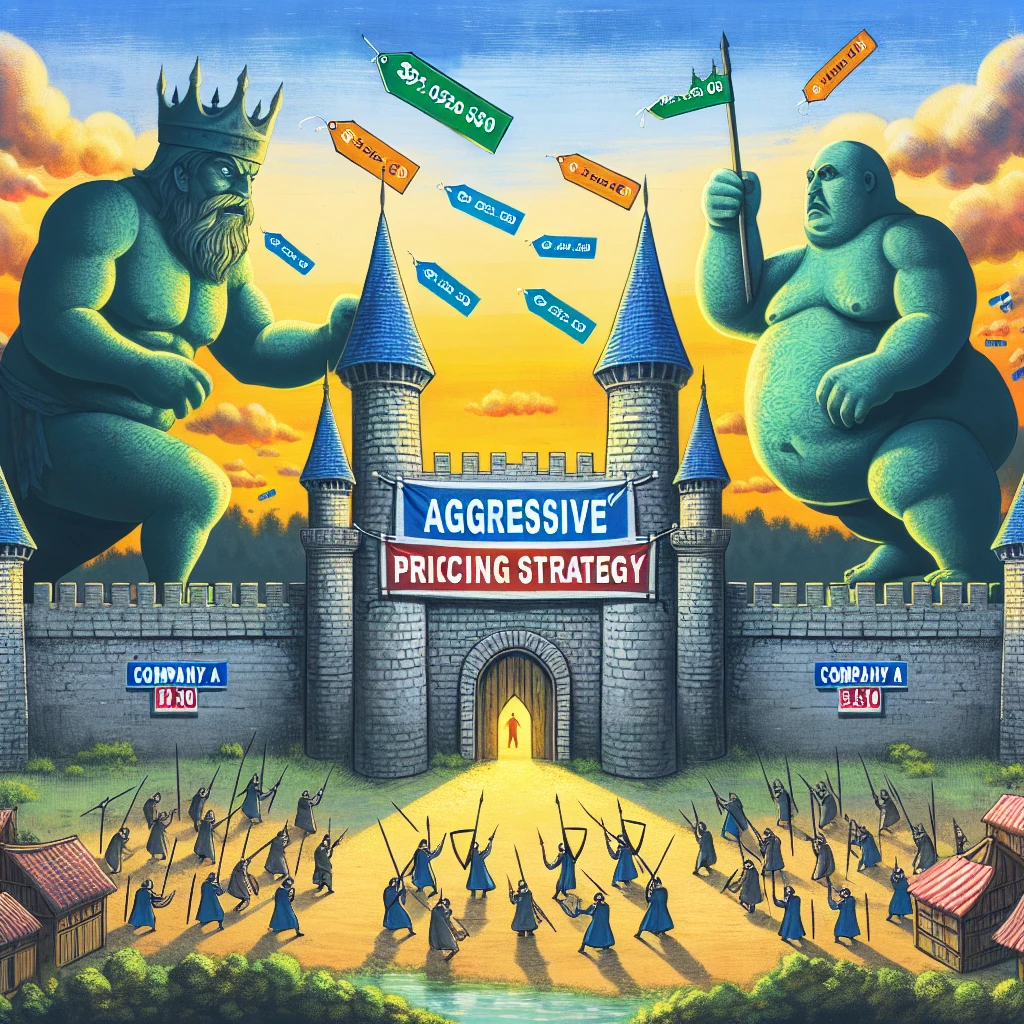News from a well-funded competitor negatively impacted Viking Therapeutics’ stock, which fell by 6.27% on Tuesday. This rival appears eager to dominate a rapidly growing and highly competitive therapeutic sector, posing a significant challenge for a smaller player like Viking. Due to these concerns, investors offloaded their shares in the biotech company, resulting in a more than 6% drop in its share price during the trading session. This decline occurred on a generally positive day for the stock market, with the S&P 500 index edging up by 0.2%.
A major development shakes up the obesity drug market
The formidable competitor is Eli Lilly, which announced on Tuesday that its Zepbound weight loss drug would be offered to patients in single-dose vials containing either 2.5 milligrams or 5 milligrams. The pharmaceutical giant claims that these new options are priced at least 50% lower than rival GLP-1 treatments for obesity.
“This new option enables millions of adults with obesity to access the necessary medication, including those ineligible for the Zepbound savings card program, those without employer-sponsored insurance, and those who must self-pay outside of insurance,” Eli Lilly stated in the press release promoting the new dosages.
This development impacts Viking as the biotech company is nearing the final stages of developing its own weight-loss drug, which will soon undergo phase 3 clinical trials.
Targeting the right products for the right market
GLP-1 drugs offer the enticing prospect of weight loss without exercise, making them extremely popular in the U.S., a country with a large number of overweight individuals. With few approved obesity drugs available, Eli Lilly is clearly attempting to secure an early foothold in the market. Viking faces significant challenges as it prepares to introduce its own weight loss products to pharmacy shelves.




